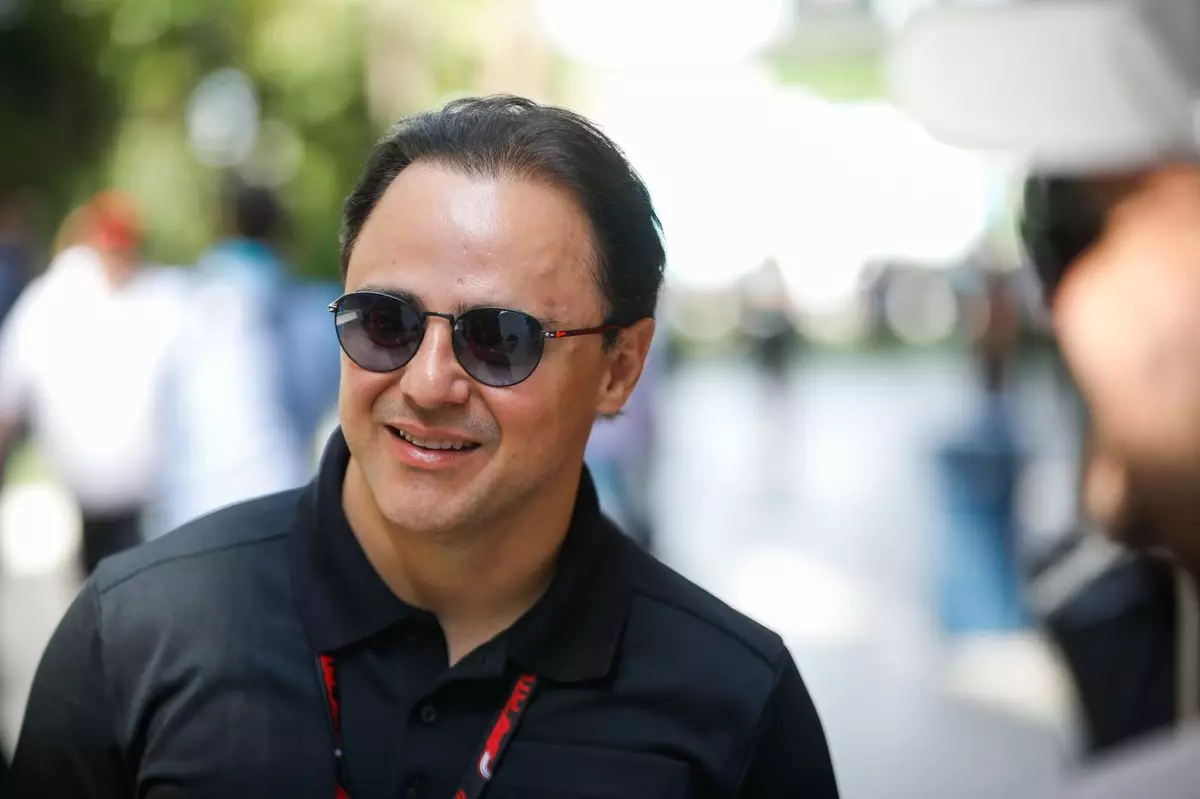Felipe Massa’s pursuit of legal recourse against Formula 1, the FIA, and Bernie Ecclestone is a gripping saga that stems from the turbulent 2008 F1 season. The Brazilian driver, who narrowly lost the World Championship to Lewis Hamilton by just a single point, is now challenging the integrity of the sport due to the infamous ‘Crashgate’ scandal. This term refers to a premeditated incident during the Singapore Grand Prix, where Nelson Piquet Jr. of Renault deliberately crashed, triggering a safety car deployment that dramatically altered race dynamics and ultimately benefited his teammate, Fernando Alonso.
The critical aspect of Massa’s argument centers on the notion of manipulation within the sport. As he qualified first and led for a significant portion of the race, the impact of Piquet’s crash reveals a layered complexity about fairness in competition. Massa’s contention is not solely that he lost the championship but rather that systemic issues allowed such events to transpire, putting the integrity of Formula 1 at stake.
Massa’s case is currently set for hearings in the King’s Bench Division of the High Court, categorized under breach of contract claims. However, there is speculation that the case may face an early dismissal due to a ‘strike-out’ application, suggesting that the defendants—Formula 1, the FIA, and Ecclestone—may argue that Massa’s claims lack sufficient foundation.
Legal experts indicate that this maneuver might be typical in high-profile sports litigation, especially concerning claims of such gravity. It raises important questions about the limits of legal accountability in sporting governance and what evidence can prove or disprove allegations of conspiracy and negligence.
Massa, through this case, seeks not only a monetary remedy for lost earnings and reputation but also a declaration of moral and ethical failure by the governing bodies of the sport. His stance draws attention to the ramifications of the ‘Crashgate’ incident — highlighting what he perceives to be an injustice against competitive fairness, which he feels was exacerbated by the actions (or inactions) of those in authority.
The crux of Massa’s case pivots on a statement made by Bernie Ecclestone, who revealed prior knowledge of the Piquet crash’s orchestration well before the end of the 2008 season. Ecclestone’s admission that the race should have been annulled based on safety regulations thrusts the issue into a new light, suggesting not just negligence but an overarching scheme that compromised the sport’s integrity.
In recent interviews, Ecclestone expressed regret over his decisions during that tumultuous period, indicating a desire to amend past mistakes. This acknowledgment could significantly empower Massa’s claims, as it implies not just personal failure on the part of leadership figures but a potential systemic failure within the regulatory frameworks. If the court acknowledges that the championship’s unparalleled circumstances were mishandled, it could set a precedent for how future disputes in racing are adjudicated.
Massa’s legal pursuit is significant beyond the immediate stakes of his championship claim; it poses existential questions for Formula 1 regarding transparency and ethical governance. The outcome may influence how racing organizations operate, potentially leading to stricter accountability measures against actions that could jeopardize fair competition. Furthermore, it sheds light on the lines of authority that govern major sports and their responsibility in maintaining athletes’ rights and competitive equity.
As the new court date in October approaches, the anticipation surrounding the proceedings is palpable. The ramifications of this case extend far beyond one driver’s aspirations for recognition and restitution; they touch upon the very fabric of competitive integrity that both fans and athletes hold sacred. Whether this journey will culminate in a courtroom resolution or an anticipated dismissal next month remains to be seen, but it undoubtedly signals a pivotal moment in the ongoing narrative of Formula 1’s evolution and accountability.
Through this legal battle, Felipe Massa seeks more than just damages; he hopes for a restoration of honor and fairness within the sport he loves, one that has shaped his life in immeasurable ways.

